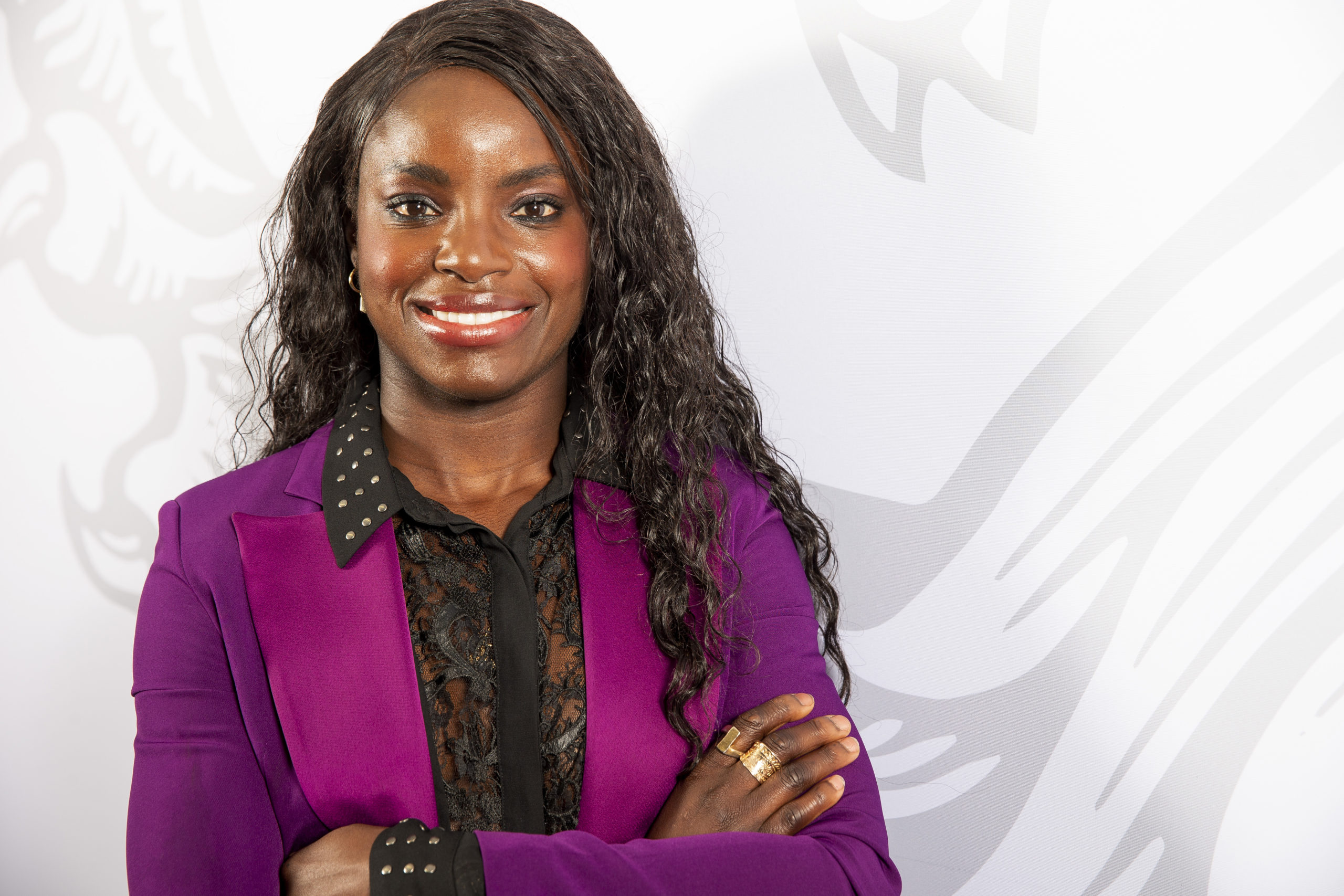Eniola Aluko, sporting director of Aston Villa Women. (Neville Williams/Aston Villa FC via Getty Images)
A sporting director at one of English women’s football’s top clubs has confidently said that a trans player would be welcomed by women’s football.
After retired male footballer Thomas Beattie came out as gay last month – the first professional male English footballer to do so since Justin Fashanu in 1990 – the revelation has prompted many industry leaders to comment on why players feel the can’t come out.
Eniola Aluko, the Aston Villa sporting director and former England and Chelsea striker, told lawmakers at the Department of Digital, Culture, Media and Sport select committee on Tuesday (7 July) that all players are welcome in the game.
Aluko told MPs: “It would be contradictory of me to say everyone is welcome, whatever sexuality, race, belief, and not include transgender people in that.”
The arena of football, and sports in general, can be an intimidating place for trans folk.
While scientists write the rules and regulations that could make or break and trans player’s career, some anti-trans activists and even lawmakers do what they can to stop trans folk from competing altogether.
All the while, anti-LGBT+ attitudes remain ride among football fans, many sporting players and leaders have said.
Both Aluko and Beattie described how many LGBT+ players in sport are out to teammates and managers – what stops them from living their lives, they said, are the booming homophobic chants of fans from the stalls.
Eniola Aluko: ‘Everyone in women’s football should be welcome.’
The Football Association, the governing body of association football in England, permits mixed-sex games up until they are 16 years old. Upon which, its policy states, the games are split by gender.
The agency said it deals with trans people’s applications on a case-by-case basis, and that “gender identity should not be a barrier to participation in football’
Regulations for trans men and women participating in football are often shaped by the sense of unease around testosterone levels in trans athletes that anti-trans groups wield like clubs to compel sporting governors to further restrict or ban altogether trans folks in the game.
The flash point of this debate came last year, as the highest court in international sports ruled that female athletes with elevated testosterone must take suppressants or be considered illegible to compete. This threw 800-metre runner Caster Semenya, who has naturally higher testosterone levels, entire career into question.
Commenting on whether she believed trans people have an “advantage” over cis players, Aluko said: “I don’t know. It’s a meritocratic sport, I was a really quick forward, I think a lot of people, a lot of defenders, would say I had an unfair advantage.
“Advantage is subjective.
“What I would say is: everyone in women’s football should be welcome. It’s as simple as that.”
